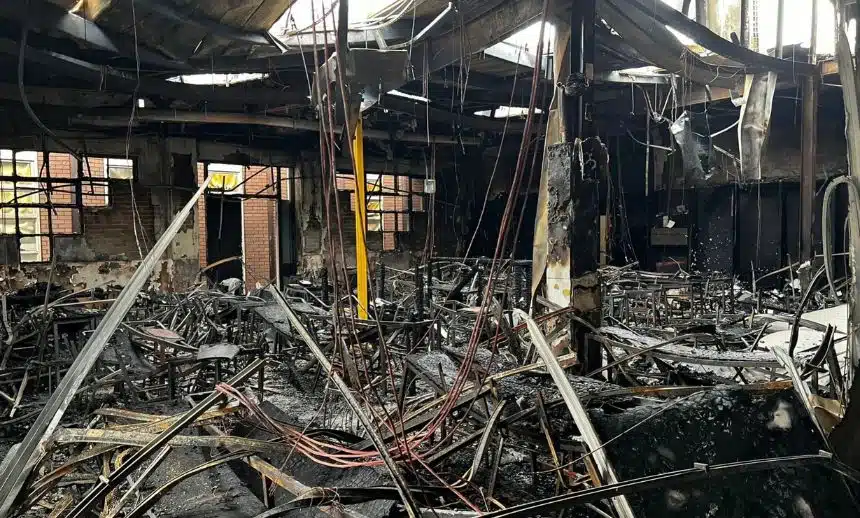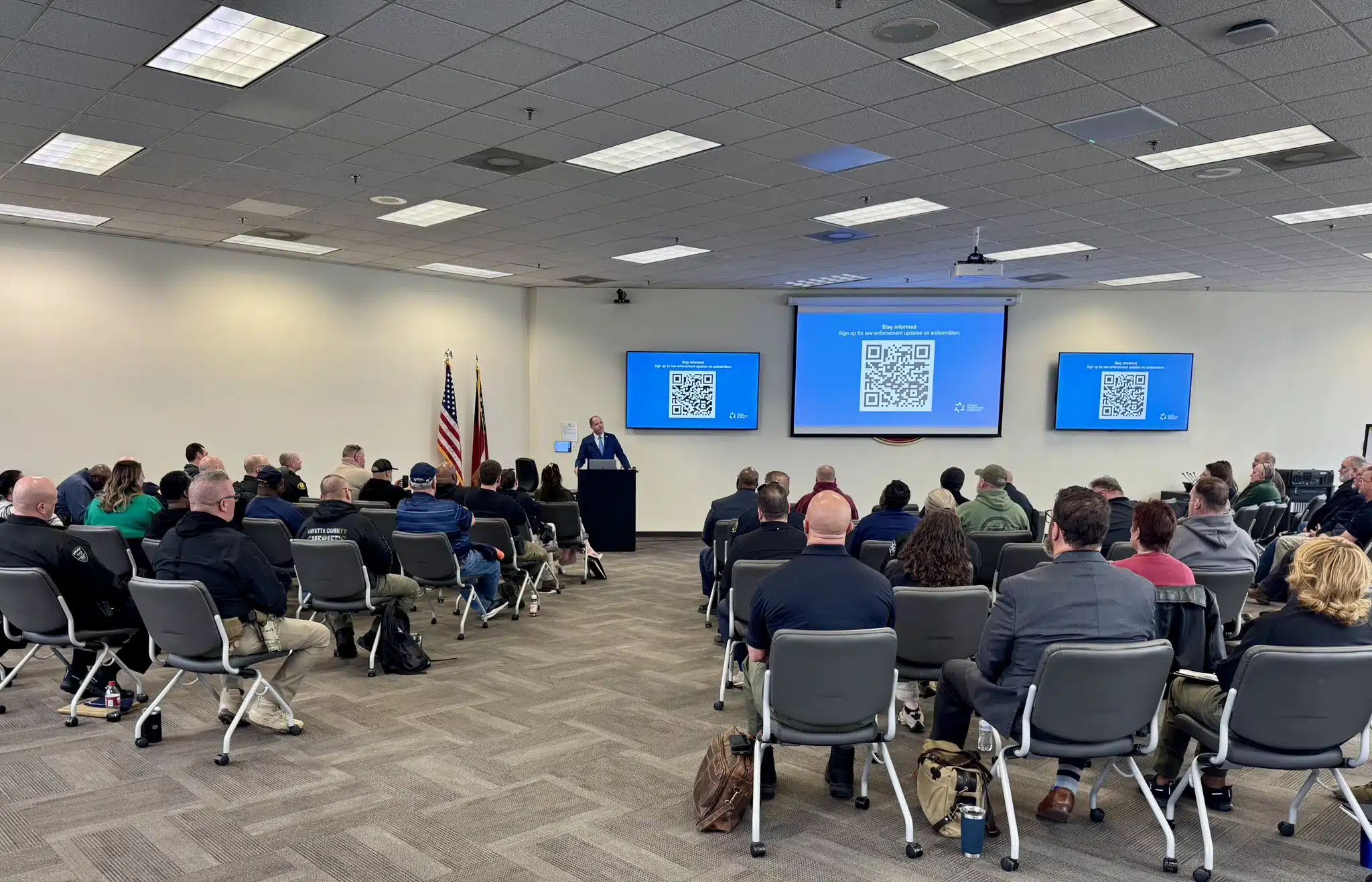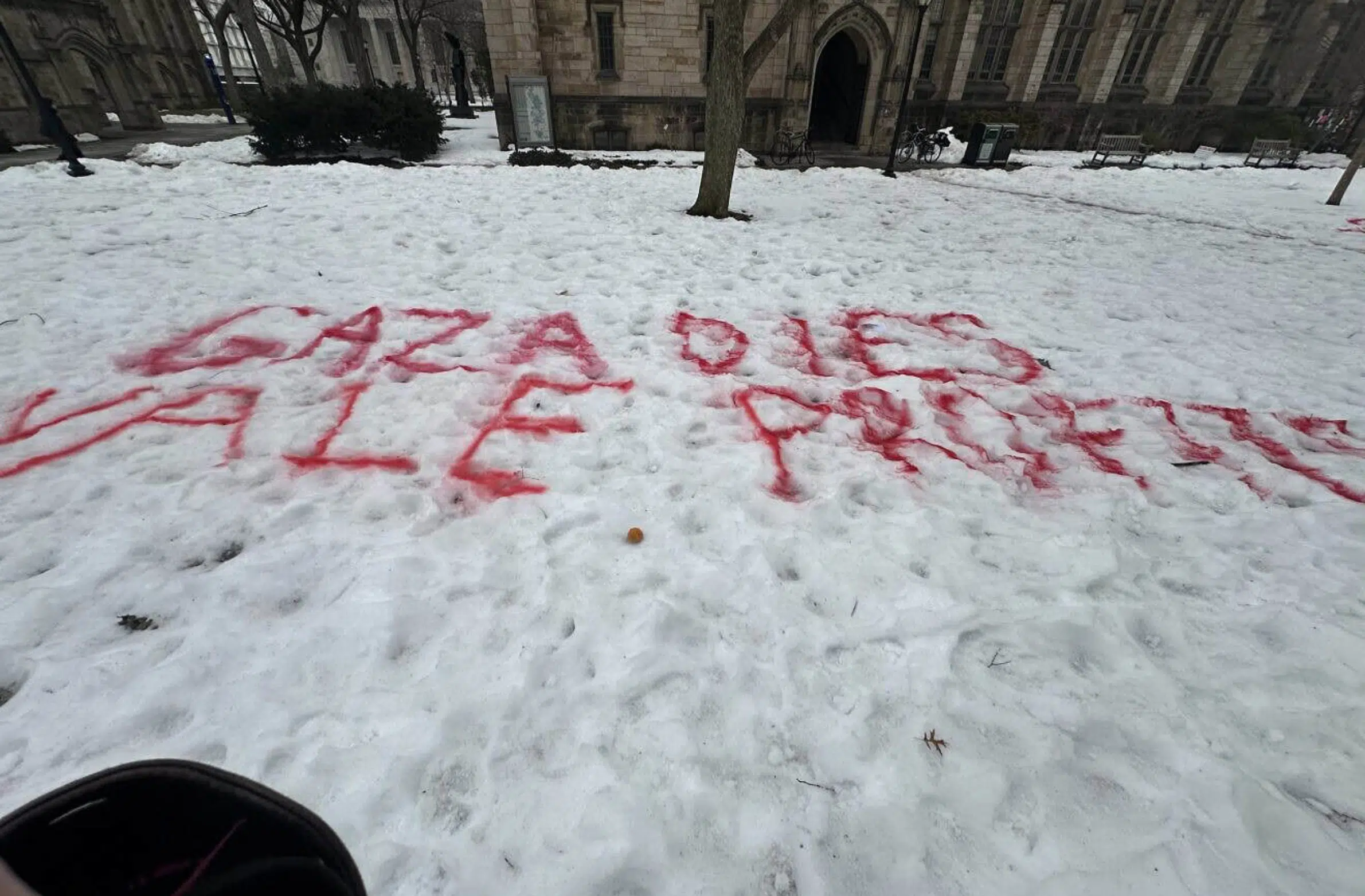|
Getting your Trinity Audio player ready...
|
Amid an alarming surge in antisemitic incidents following the October 7th massacre, Australia has unveiled a sweeping national action plan to combat Jew-hatred across society. Developed by Australia’s Special Envoy for Combating Antisemitism, Jillian Segal, the strategy proposes far-reaching reforms across education, immigration, and the public sector.
“This is an overarching plan covering many areas where urgent action is needed,” Segal stated at a press conference, warning that antisemitism has become “ingrained and normalized” in Australian society — including on university campuses, within cultural institutions, and online.
The release of the plan followed two attacks on Jewish sites in Melbourne only a week earlier. These incidents highlighted the dramatic rise in antisemitic violence and intimidation across the country, with more than 2,000 cases reported in the October 7th aftermath.
“We have seen cars being torched, synagogues being torched, individual Jews harassed and attacked,” Segal said. “That is completely unacceptable.”
One of the plan’s most consequential proposals is the introduction of a “report card” system to assess whether university campuses are safe for Jewish students and staff. Universities that fail to address antisemitism could face cuts to government funding, while public research grants may be revoked from academics who engage in antisemitic conduct or hate speech.
The plan also recommends enhanced antisemitism education in schools, including mandatory instruction on the Holocaust and the dangers of unchecked hate. Antisemitism would be presented as a central case study in civic and historical education, reinforcing its modern relevance and consequences.
Additional provisions call for tougher immigration measures, including screening visa applicants for antisemitic views or affiliations. “Non-citizens involved in antisemitism should face visa cancellation and removal from Australia,” the plan states. It further calls for public funding to be withheld from cultural institutions and festivals that promote, facilitate, or ignore antisemitism.
Media coverage and public broadcasting are also addressed in the plan, which urges oversight to promote accurate reporting and to discourage the amplification of distorted narratives about Jews and Israel.
Australian Prime Minister Anthony Albanese expressed support for the initiative, calling it a vital foundation for long-term reform. “There’s a number of things that can be implemented quickly,” he said. “This is something that the government needs to work with civil society on at all levels.”
He also pointed to the role of social media in fueling extremism and division, stating that online platforms must be held accountable for the spread of hate. “Social media has a social responsibility, and they need to be held to account,” he noted.
Appointed in July 2024, Segal has spent months consulting stakeholders across sectors to develop a plan that not only confronts antisemitism where it surfaces — but aims to, in her words, “push it to the margins of society.”
By targeting antisemitism in education, immigration, culture, and public discourse, the plan lays out a concrete path to counter its spread and restore national accountability.
In response to the proliferation of Jew-hatred in Australia, the Combat Antisemitism Movement (CAM) will co-host the 2025 Australian Mayors Summit Against Antisemitism in Gold Coast on Sept. 3-5. With more than 75 mayors and city leaders from across Australia expected to attend, the summit will provide practical tools, data, and partnership opportunities to effectively combat antisemitism and strengthen social cohesion at the local level.









